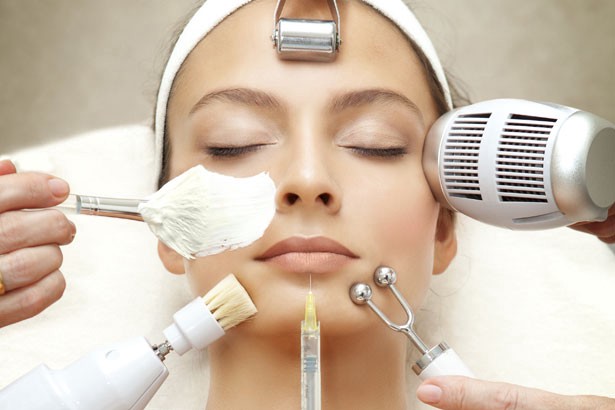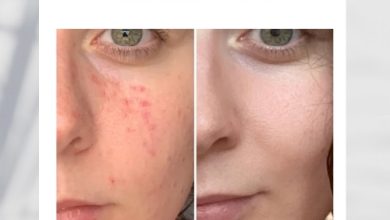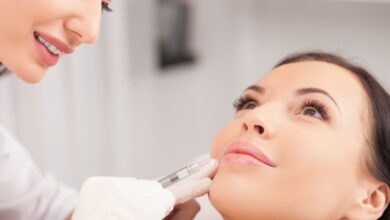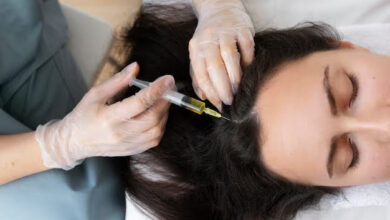Sunburn: What is It, and What are the Treatments?

Unfortunately, there is no quick remedy for sunburn. The harm is done after you’ve been sunburned – however, it may take 12 to 24 hours after sun exposure to determine the entire amount and severity of your sunburn and many days or more for the skin to begin to heal.
What is sunburn?
Sunburn is produced by ultraviolet (UV) radiation on the skin. The skin becomes red, painful, heated, sensitive, and occasionally itching for approximately a week.
After a few days, the skin will begin to flake and peel, and it will generally recover completely within seven days.
While sunburn is usually short-lived and moderate, it is vital to avoid it since it might raise your chances of developing major health problems later in life, such as skin cancer.
It’s easy to underestimate your exposure when you’re out in the sun because redness doesn’t usually appear for many hours. Breezes and being wet (such as going in and out of the water) may cool your skin, making you unaware that you are becoming burned.
If you’re out in the sunlight, you should constantly be aware of the risk of sunburn and keep an eye out for your skin becoming heated.
What causes sunburn?
To defend itself against UV rays, the skin produces more melanin, a pigment. It causes the skin to turn a different colour. A sunburn occurs when more radiation than your skin’s melanin can handle.
UV radiation may be emitted by the sun and a solarium (tanning bed). Sunburn can also occur while swimming or playing in the snow. It is typically caused by sunlight reflecting snow, ice, or water and scorching the skin.
If you have fair skin, you are most vulnerable to sunburn. However, everyone, including persons with dark skin, can get sunburned.
What Are the Symptoms of Sunburn?
Sunburn causes your skin to get red and sting. Swelling and sunburn blisters might occur if the burn is severe. You might still feel feverish, with chills, nausea, migraine, and weakness, as if you had the flu.
After a few days, the skin will begin to flake and itch as your body attempts to rid itself of sun-damaged cells.
Treating Sunburn
Meanwhile, the most efficient sunburn cure merely alleviates your discomfort:
Maintain your cool. Apply cold compresses to the afflicted skin, such as a cloth wet with chilly water. Alternatively, take a relaxing bath.
Maintain a wet environment. Apply aloe vera gel or a moisturising moisturiser to the afflicted area. Avoid products containing alcohol, which can cause the skin to become even drier. Sunburn therapy medications containing anaesthetics, such as benzocaine, should be avoided. There is minimal proof that these products work. They may even irritate the skin in rare circumstances. Benzocaine has been related to an uncommon but dangerous and occasionally fatal illness that reduces the quantity of oxygen in the blood. Benzocaine must not be used in children under the age of two without the supervision of a health care expert since this age group has been the most impacted. If you’re an adult, never exceed the recommended amount of benzocaine and see the Dermatologist clinic in Dubai.
Leave blisters alone. If blisters appear, do not break them. It merely slows down the healing process and raises the danger of infection. Cover blisters lightly with gauze if necessary.
Take a pain reliever that is available over-the-counter. Take anti-inflammatory medicine, such as aspirin or ibuprofen, as directed on the label until the redness and pain diminish. Do not give aspirin to youngsters or teens. It can produce Reye’s syndrome, an uncommon but possibly lethal condition.
Gently exfoliate peeling skin. The damaged region may begin to peel within a few days. It is merely your body’s mechanism of getting rid of the damaged top layer of skin. Continue to apply hydrating moisturizer as your skin peels.
More Information: Sunburn Symptoms, Causes, Diagnosis and Treatment
Seeking medical attention
If your sunburn is minor, it will most likely cure on its own without the need for medical care. However, if your burn is a second degree or worse, you should see a Best Dermatologist in Dubai.
If the following things happen to you, you should consult a doctor:
- Your sunburn blisters or swells;
- You get a fever, chills, or feel abnormally hot;
- You have nausea or vomiting;
- You are dehydrated;
- You feel dizzy, nauseous, or exhausted;
- You have a headache; and
- You experience muscular cramps.
Should handle Sunburn on a newborn, toddler, or kid very seriously since these burns place youngsters at a higher risk of formulating skin cancer later in life. If your kid suffers sunburn, especially severe symptoms, you must seek medical attention.
Conclusion
Sunburn can develop if a person spends too much time in the sun. It has the potential to cause skin burns. Sunburn is more common in those with lighter skin, although anybody with any skin type can get it.
Home remedies may typically alleviate discomfort, but if a person develops a fever, faintness, or changes in consciousness, they must seek medical help immediately.
May avoid Sunburn by limiting time spent in the sun and utilizing preventative measures such as sunscreen, remaining in the shade, and wearing clothing covering the body.




